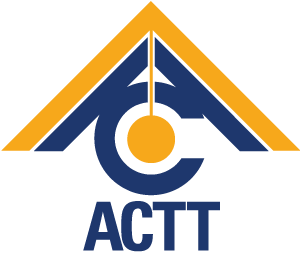How can I tell if an institution is a “Diploma Mill”?
Detecting ‘diploma mills’ can be difficult, but fraudulent post secondary and tertiary institutions generally exhibit common features. Here’s what to look out for:
-
names that are similar to those of well-known colleges or universities;
-
declaration of accreditation from ‘bogus’ or un-recognised accrediting bodies;
-
frequent changes of address or administrative offices housed in rented mailboxes;
-
contact is by e-mails only;
-
written material with spelling and grammatical errors (sometimes on the diploma itself), as well as brochures, websites and documents with pretentious language;
-
overemphasis on the affordability and the impact a degree will have on job prospects;
-
little or no selectivity in admissions, often advertising their ‘open door’ policy;
-
very limited or even no interaction with professors;
-
degree requirements that are few and often unspecified;
-
degrees that can be earned over a much shorter period of time than conventional institutions; some degrees may be advertised for completion in just a few months, weeks or even days;
-
tuition and fees that are often advertised on a per-degree basis. For example, students may be offered a discount for enrolling in several degree programmes at once; provisions may even be made for the institution to deduct monthly payments from an individual's bank account.




 Translate
Translate